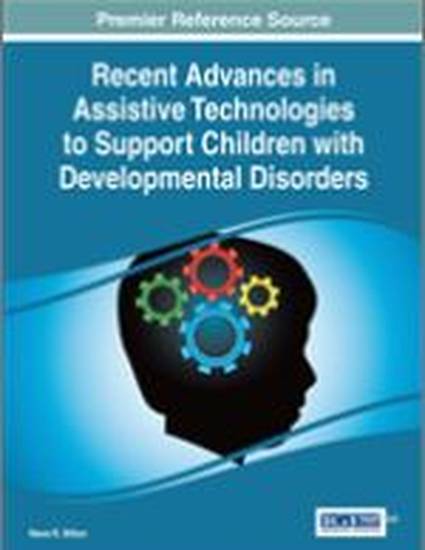
Contribution to Book
Implementing iPad and Mobile Technologies for Students with Intellectual Disabilities
Recent Advances in Assistive Technologies to Support Children with Developmental Disorders
(2015)
Abstract
This book chapter describes implementation implications of using the iPad and other mobile technologies with students (birth to adult) with intellectual disabilities. iPad and other mobile technologies offer many built-in features which facilitate their use for students with disabilities, particularly students with Intellectual Disabilities (ID). This chapter details ways that mobile technology can be used to make school and other environments (e.g., home, social) more accessible to students with ID. The theoretical framework underpinning this chapter is Universal Design for Learning (UDL), and it is applied to research-based practices for students with ID. This forms a solid base from which to examine: (a) available mobile applications (apps), (b) how apps can be used to support students with ID in accessing the curriculum, and (c) how teachers can use a framework to review and choose apps for their students.
Publication Date
January 1, 2015
DOI
10.4018/978-1-4666-8395-2.ch002
Citation Information
Cathi Draper Rodríguez, Iva Strnadová and Therese M. Cumming. "Implementing iPad and Mobile Technologies for Students with Intellectual Disabilities" Recent Advances in Assistive Technologies to Support Children with Developmental Disorders (2015) p. 1408 - 1425 Available at: http://works.bepress.com/cathi-draperrodriguez/1/
